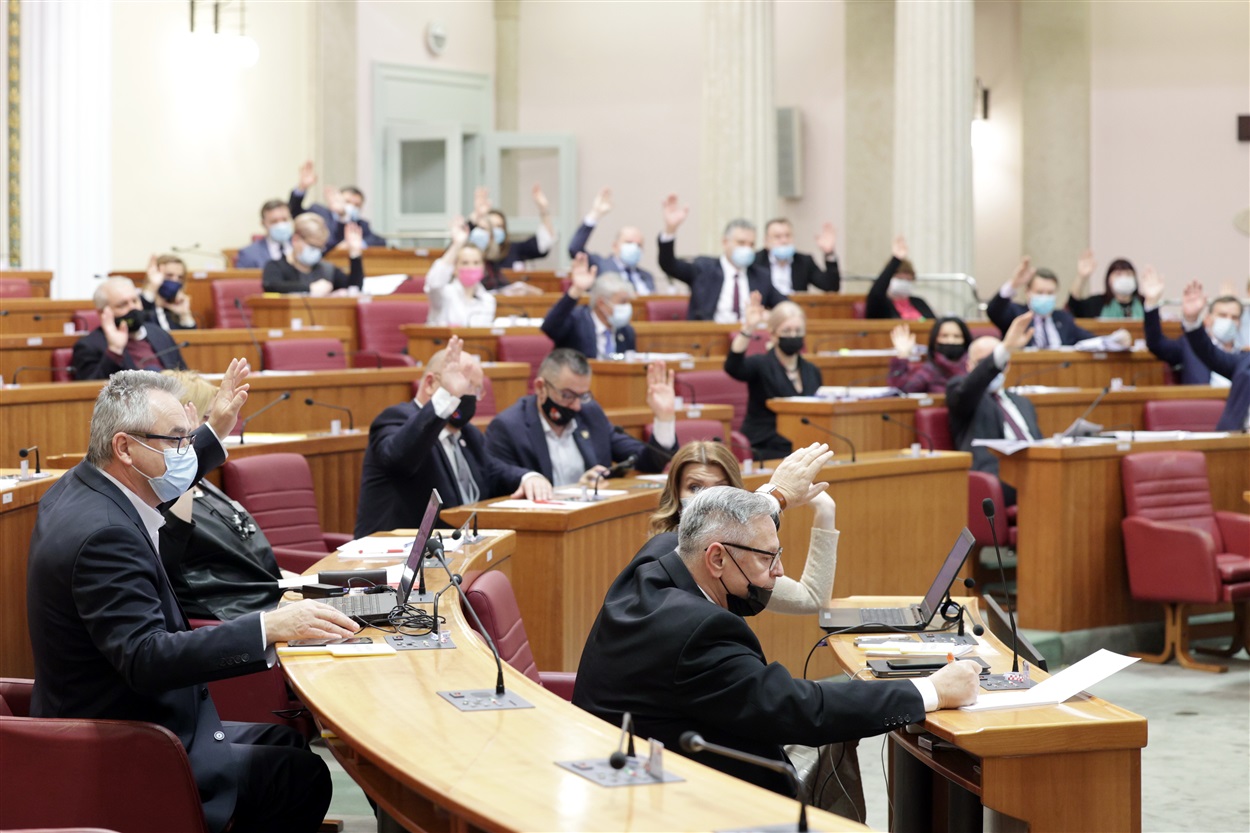
Zagreb - The parliamentary Opposition on Thursday strongly criticised a reform set of social welfare bills, saying that the opinions of professionals have not been taken into account, that the system is being unnecessarily centralised, and that there might be long-term negative consequences.
Despite some improvements, the reform is going in the wrong direction and might have far-reaching negative consequences, and it is also contrary to everything professionals have said, Davorko Vidović of the Social Democrats' parliamentary club said in a debate on seven social welfare reform bills.
Anka Mrak Taritaš of GLAS said the aim of the bills should be making life easier for beneficiaries but that these bills were about form, not content.
Sandra Benčić of the Green-Left Bloc said two World Bank loans were taken out since 2003 for decentralising services and reforming the social welfare system and that tens of millions of euros were absorbed from the EU for the same purpose.
What have been the effects of that and why is the course being drastically changed, she asked.
The ruling majority commended the reform, saying that it will result in a more efficient and more transparent system in the service of its beneficiaries.
The centralisation refers only to administrative and legal affairs, Nada Murganić of the HDZ said, adding that the reform is timely as it envisages raising almost all allowances.
The guaranteed minimum allowance and the disability allowance are being raised while means' tests and other tests for persons with disabilities are being rescinded, said her colleague Vesna Bedaković.
Presenting the bills, Social Welfare Minister Josip Aladrović said the goal was to enhance the system's organisation and coordination, strengthen social welfare centres, increase the availability of services, standardise action, and increase allowances.
"This set of bills is just the first step in improving the system in the long term," he added.